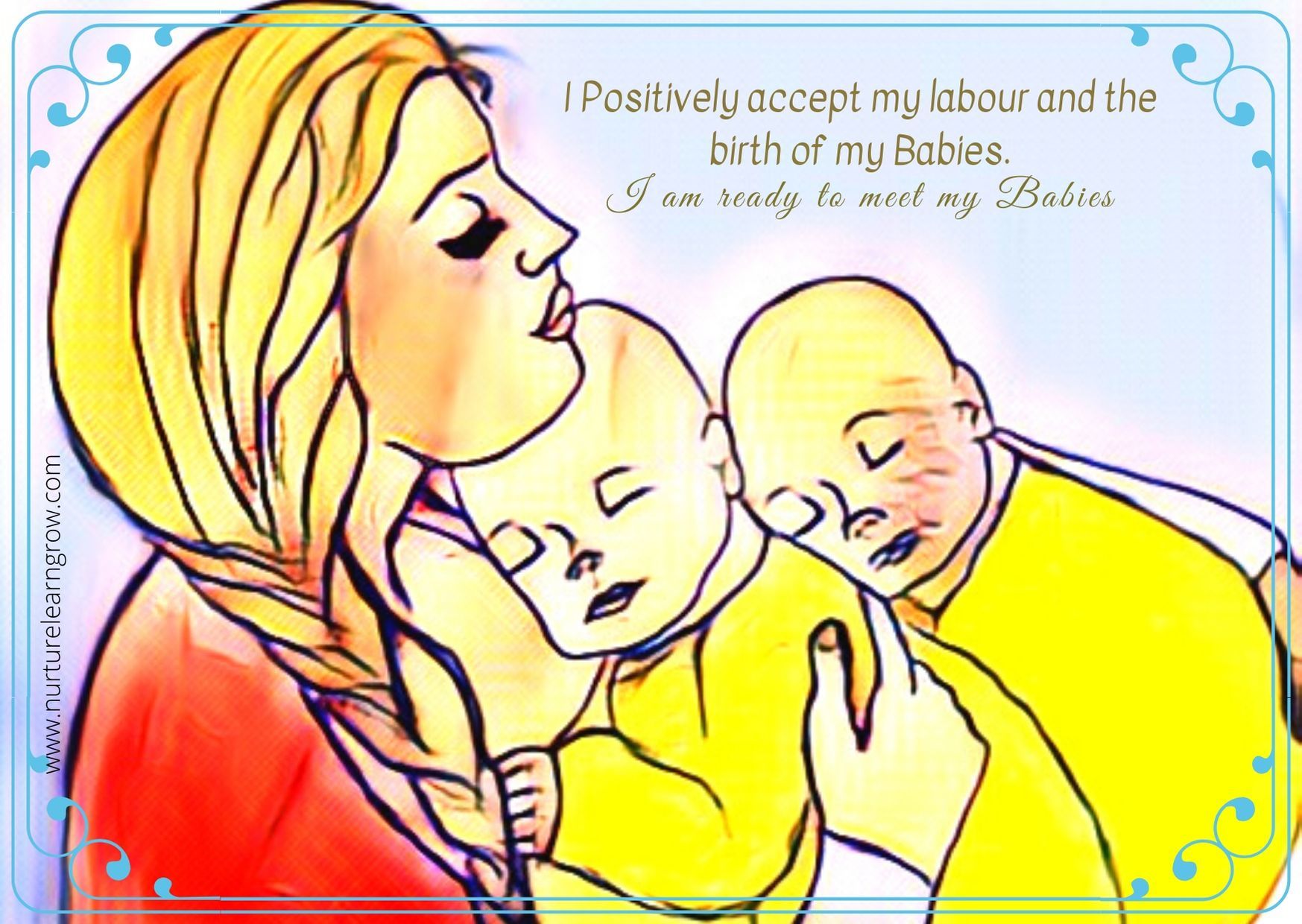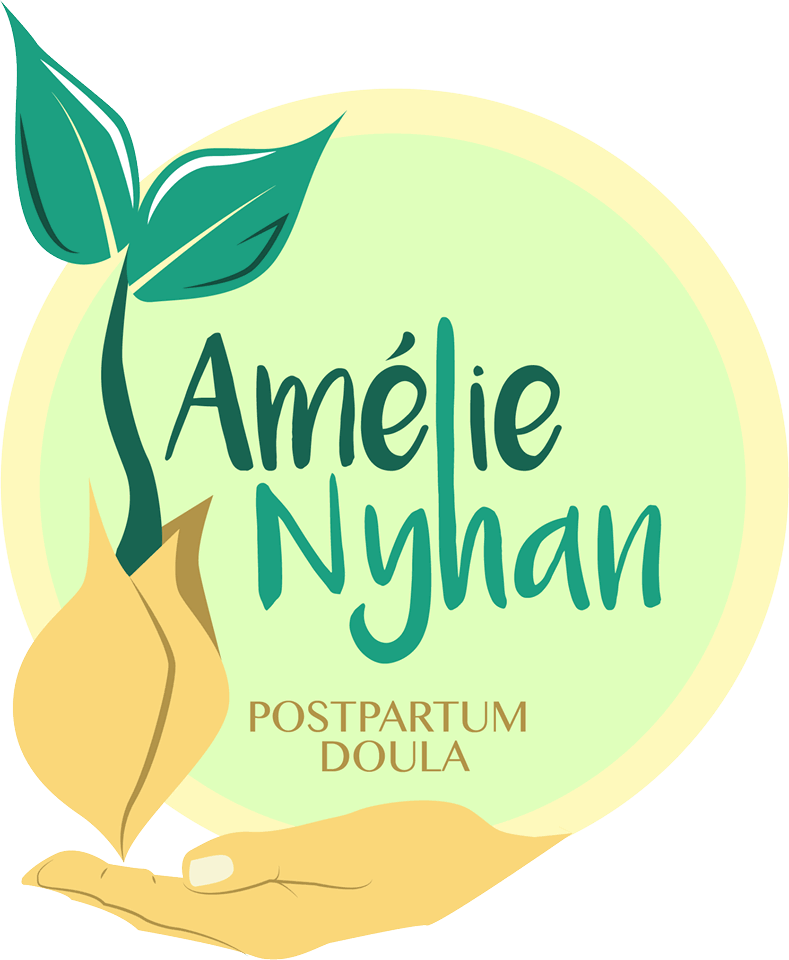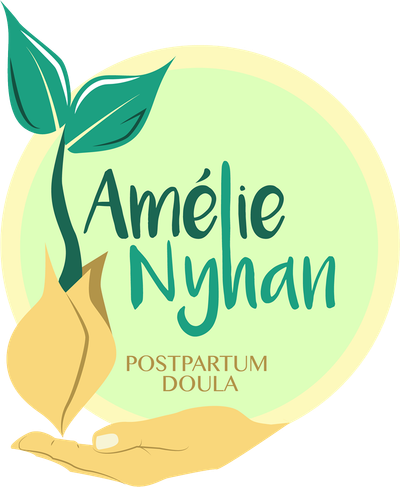Affirmations: What are they, and how to use them.
What are Affirmations?
Affirmations are simple, short sentences that you repeat to yourself in order to help your mind focus on a positive mindset. Affirmations are used in a number of different ways to achieve specific goals, to accompany you on a specific journey or to support healing or recovery.
Affirmations have been used for a long time and there is some scientific evidence that proves that the use of positive affirmations works.
However, it is important to note that like many self-help approaches, affirmations need to be used with caution and cannot be guaranteed to work by themselves or for everyone!
In this article, we will take a brief look at what affirmations actually are and where they came from. Then, we will see what the evidence around their use is, and what are their limitations.
Finally, we will discuss what can make affirmations work for you and how to make the most of them!
What are affirmations and where did they come from?
Affirmations are short sentences or statements that can easily be memorized and repeated in order to change a negative or unhelpful thinking pattern into a more positive one.
It appears that affirmations were created by chance by a French psychologist and pharmacist in the early 20th century.
Emile Coue got into the habit of telling his customers about the benefits and effectiveness of some of the potions he sold and noticed that consequently, these potions actually seemed to have better results.
He concluded that autosuggestions work and developed a technique whereby he asked his clients to repeat the following phrase to themselves each day: “Every day, in every way, I am getting better and better”.
He also remarked that this worked when customers were already confident that the potion would work and therefore came to the conclusion that auto-suggestions amplify the effectiveness rather than create it.
It can be said that affirmations have a certain effectiveness if and when you truly believe what you are saying is true. You cannot fool your conscious or unconscious mind to the point of creating a new reality.

The theory behind positive affirmations
The theory of self-affirmation was created by Claude Steele in the late 1980’s. According to Steele, the use of positive reinforcing affirmations can buffer against stress and encourage individuals to be more open to new information and less defensive in their perception of information that goes against their personal values.
It appears under this theory that, by affirming to ourselves our set of values and beliefs, we can open our mind to new or different information and be more positive towards change.
“Very briefly, self-integrity relates to our global self-efficacy—our perceived ability to control moral outcomes and respond flexibly when our self-concept is threatened” (Cohen & Sherman, 2014).
Research has been made in order to prove that self-affirmation theory works and “MRI evidence suggest(s) that certain neural pathways are increased when people practice self-affirmation tasks” (Cascio et al., 2016).

The drawbacks of positive affirmations
Positive self-affirmation statements sound great in theory: you will repeat a short, simple statement to yourself every day and your goal will be achieved, or the healing process you are going through will accelerate or all your dreams will come true!
However, common sense warns us that what is too good to be true probably is just so!
A Canadian research team studied how affirmations work in groups of people with different levels of self-esteem and concluded that: "repeating positive self-statements may benefit certain people, such as individuals with high self-esteem, but backfire for the very people who need them the most."
It emerged that the sample groups of people who had lower self-esteem actually felt worse after repeating a very simple statement: “I am a lovable person”.
As mentioned above, repeating a statement over and over again does not necessarily make it true. If you do not believe in what you are made to repeat, then chances are not only the affirmation will not work, but it will actually feel wrong and potentially become harmful, emotionally and mentally.
If you think about it, when you repeat to yourself something that you do not believe is true and you actually look at the statement in question, you can see its incongruence and it might have the effect of making you feel inadequate or upset.
Take the following example. You really want to go on a diet, and you decide to repeat this statement to yourself daily: “I am losing weight every day. I am becoming slimmer with each passing day”.
Chances are, depending on your actual diet plan, exercising routine, time invested in this new plan and motivation, you may not actually lose weight on a consistent enough basis and this statement may have the unfortunate effect of making you lose your confidence instead of some weight!
The most important thing, according to self-affirmation theory, is that your affirmations reflect your core personal values (Cohen & Sherman, 2014) and that they are consistent with your beliefs.
Therefore, the affirmation you want to use needs to be congruent with your set of values, your true and sincere beliefs and your state of mind. You may want to use some affirmations and decide to adapt them to make them feel more natural and instinctual to you, for example:
Instead of: "I am beautiful, happy and love myself."
Try: "I am working on accepting me as I am."
Instead of: “I am relaxed, and my baby is going to be born easily.”
Try: “I can breathe through this contraction, I am proud of myself however the birth goes”

How to use affirmations
As we saw, when choosing an affirmation, you firstly want it to be congruent with who you are! Affirmations can and will lead to a positive shift in your mind and circumstances if you are in a position to believe in what you are repeating to yourself.
Research has shown that affirmations can be repeated up to three to five times daily in order to reinforce the positive belief.
Writing your affirmations down in a journal and practicing them in the mirror is a good method for making them more powerful and effective (Alexander, 2011).
There is an array of affirmation cards you can buy online, they come in different sizes, shapes and with a varied amount of illustrations and styles of affirmations. Shop around and see if there is a personalized option that will work for you!
(shop here!)
To reinforce the positive effect of your affirmation and to improve your self-confidence, you can make it part of an action plan which will reinforce your self-efficacy and your sense of identity.
During pregnancy for example, take some Gentle Birth workshop or look into Hypnobirthing classes in your local area. Inform yourself on the birthing process and link in with your maternity services in order to gather information on what options will be opened to you and what supports will be put in place.
Do not choose an affirmation that sounds inflexible or goes against what the most likely outcome of your birth experience is.
Instead of: “I have complete confidence that my body can birth my baby naturally”
Try: “I feel safe and comfortable and I positively accept the birth of my baby”
You can add your chosen affirmation into your birth plan so that your birthing partner, doula or midwife can help you repeating it when you are in established labour and keep you focused.

When practicing repeating, chanting or singing your affirmation, take the opportunity to focus on your breath and slow down your breathing. Mindfulness and mediation will also help you stay focused and support you in becoming more attuned to your feelings, thus, making your chosen affirmation more effective.
Focus on the affirmation that you have chosen or created, and each time you practice, it will feel more natural.

Examples of my personal favorite affirmation and how I create affirmation artwork
I always have had some mantras I have been repeating to myself, from a simple “this too shall pass” to a more specific: “I will pass this exam and I will reach my goal!”
Affirmations to me have always been my own personal little coach following me each day and helping me boost my confidence. As my life changes and evolves, so do my personal affirmations.
As the years went by and as I entered the wonderful world of doulas, I began experimenting with matching some affirmations with sketches and drawings I made or photographs I take.
I released my first set of affirmation cards in 2019 and have been continuously working on them since.
I offer a personalized service whereby you can give me your preferred affirmation and we can match it to an image you like to make a perfect ensemble just for you! (ask about this service here!)
Some of my personal favorite affirmations are:
“I am one with nature and it is one with me”
“I trust my intuition. I am willing to listen to that still, small voice within”
“At this moment, right here and right now, all is well”
“I feel calm and comfortable. I am ready to meet my baby”
“My feelings deserve to be acknowledged, I can ask for help when I need”
“I am doing my best, and this is good enough”
“I accept my emotions and let them serve their purpose”
“With each breathe, I become more relaxed”
“I am the best mother for my child”


References:
https://journals.sagepub.com/doi/abs/10.1111/j.1467-9280.2009.02370.x
https://www.formodernmothers.com/blog/positive-affirmation-and-mindset-in-pregnancy
https://positivepsychology.com/daily-affirmations/




